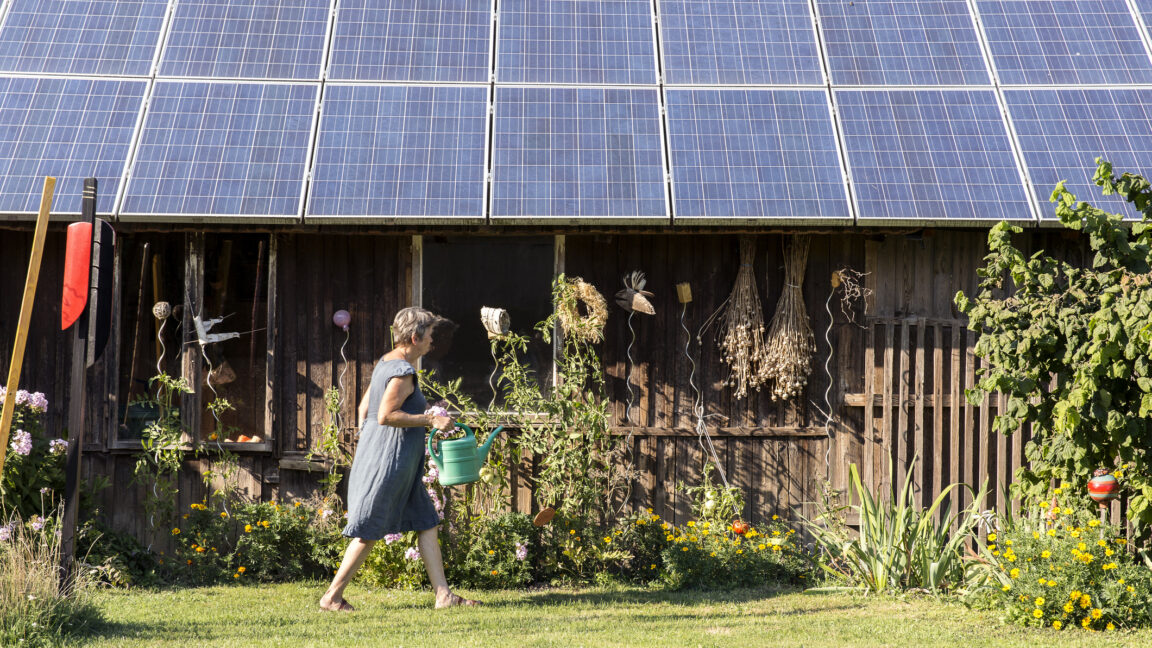Lawsuits Challenge Trump EPA's Cancellation of $7 Billion Solar Program for Low-Income Americans
Multiple groups are suing Trump's EPA over the cancellation of the $7 billion "Solar for All" program, which aimed to provide energy relief to over 900,000 low-income households.
Overview
- Multiple organizations have filed lawsuits against the EPA and the Trump administration regarding the cancellation of a $7 billion solar program.
- The "Solar for All" program was designed to assist low-income Americans by providing energy bill relief to over 900,000 households.
- This initiative aimed to save an estimated $350 million annually on energy bills for participating households.
- Trump's EPA canceled the $7 billion solar energy program, leading to legal challenges seeking its reinstatement.
- The EPA has stated that it does not comment on pending litigation concerning the terminated solar program.
Report issue

Read both sides in 5 minutes each day
Analysis
Center-leaning sources frame this story by heavily prioritizing the plaintiffs' narrative in their lawsuit against the EPA. They emphasize the program's benefits for low-income communities and job creation, while portraying the EPA's termination as "allegedly politically motivated" and "arbitrary." The EPA's perspective is minimally presented and immediately countered, creating a narrative that highlights the negative impacts of the decision.
Articles (3)
Center (2)
FAQ
The Trump EPA has not publicly detailed its full legal rationale for canceling the program, though it typically has discretion to set and adjust agency priorities. The lawsuits are, in part, seeking clarity on whether the cancellation followed proper administrative procedures and whether it was in the public interest.
The article states that 'multiple organizations' are involved, but does not specify which ones. Typically, such lawsuits are brought by environmental groups, consumer advocates, or coalitions representing low-income communities. These groups seek reinstatement of the program to continue its intended benefits for disadvantaged households.
The program was designed to help over 900,000 low-income households, with an estimated annual savings of $350 million on energy bills. It would have provided significant financial relief to families struggling with energy costs and helped reduce their environmental footprint through cleaner solar energy.
The article does not mention any congressional reaction or legislative steps taken in response to the cancellation. Congress could potentially hold hearings, introduce legislation to restore funding, or otherwise respond to the concerns raised by the legal challenges.
The article provides no information about pending legislation or alternative programs. Further context would require checking recent congressional activity, state-level initiatives, or new federal agency programs that might offer similar support to low-income households for renewable energy access.
History
- This story does not have any previous versions.
